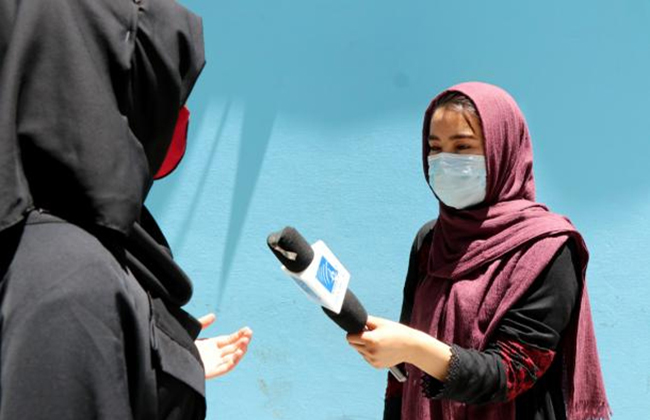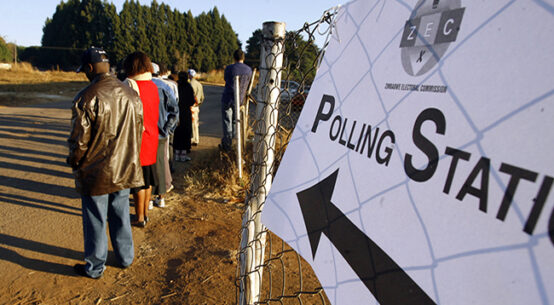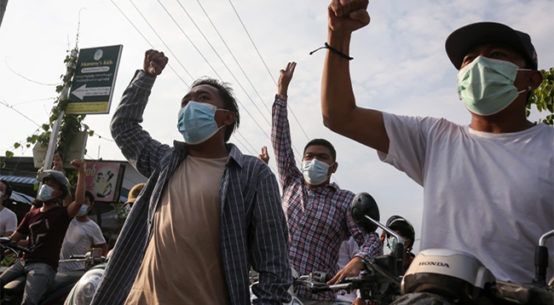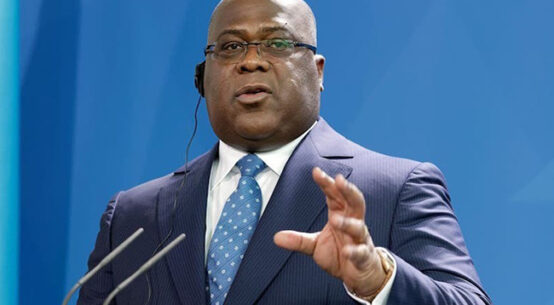
Calls by authorities in Afghanistan -Talibans over a ‘blanket ban’ warning journalists or related experts against collaborating with the Afghanistan International Television channel, one of the country’s influential media house, for its alleged violation of some undisclosed rules has met resistance from right campaigner, calling for introspection.
Early this month the Taliban had in Kabul warned journalists and experts against working with Afghanistan International TV, claiming it was an offence for anyone to flout the directive, the first time the directive has been issued, though no convincing reasons have been advanced.
A spokesman for the Taliban-controlled Ministry of Information and Culture claimed in a statement that the London headquartered station and accessible through satellite, cable and social media was committing professional violations and violating moral and legal boundaries.
According to the country’s Media Violations Commission, ‘all journalists and experts in Afghanistan needed to cease their collaboration with the station’, argued ministry spokesman Habib Ghofran.
“At the commission’s meeting held yesterday (then at the time), it was decided that participating in discussions and facilitating the broadcast of this media outlet in public places is prohibited,” Ghofran is cited as saying.
The deputy minister for broadcasting Zia ul Haq Haqmal added his voice to the impasse, claiming ‘people would be committing a crime if they cooperated with the station’
He cited among the 10 reasons, including its alleged distortion or falsification of information and campaigning against the ruling system which he argued constituted a legal redress as a punishment for overlooking the directive.
“If someone does not cooperate on the basis of all these 10 reasons, then it’s the court’s job to give a punishment,” said Haqmal. However, the arguments by the Taliban authorities have faced a backlash with Afghanistan TV laughing it (directive) off.
The director of Afghanistan International TV, Harun Najafizada, said the commission’s decision would not affect the channel because it had no employees or freelancers in the country.
“We don’t have anyone on the ground and rely on the reporting of Afghan citizens,” said director of Afghanistan International TV, Harun Najafizada Najafizada.
“That’s more challenging, but we have tough verification. It’s a threat to free media, to other media, and to put pressure on us to forgo our professional standards. It’s not going to work.”
Adding a voice to the Taliban authorities’ controversial decision, an Afghan media watchdog urged the government to take note of a demand for more media freedoms.
Various local media outlets had earlier issued a joint statement denouncing the “deterioration” of access to government-related information in the country.
Sayed Ikram Afzali, the head of Integrity Watch Afghanistan, said adequate legislation guaranteeing the media’s ability to work and access information exists, but accused the government of refusing to provide enough funding and support to implement the law.
In a joint statement media outlets including privately owned national TV channels, local broadcasters, and newspapers blamed the “carelessness” of the government for endangering media freedom in recent years.
The protest was supported by media-freedom and human rights watchdogs, the UN mission in Afghanistan, and Western embassies in Kabul, which said access to information for citizens will make Afghan democracy stronger.
Chief Executive Abdullah Abdullah has responded by calling on “all the government organizations to cooperate and share information with the citizens.”
Abdullah said that “freedom of speech and freedom of media is one of the most important national achievements of the people of Afghanistan,” adding that “honoring and respecting this achievement is the responsibility of government officials.”
In a statement, Amnesty International asid the Afghan government “has a responsibility to not just protect journalists but provide access to information in line with Afghan laws and the country’s international obligations on the right to freedom of expression.”
Paris-based Reporters Without Borders chided the Afghan authorities’ ‘failure” to fully implement the law on access to state-held information.
The European Union office in Afghanistan joined the voices calling for the law to be “implemented in full,” saying the “free flow of information is crucial for any democracy &progressive society.”
The United Nations Assistance Mission in that country said that: “open and healthy societies promote access to information for citizens,” which it said was “vital” for accountability and fighting corruption, improving government performance and efficiency, encouraging investment, and empowering citizens in public life.
Women in the media in Afghanistan
Since the Taliban takeover of Government, media violations have risen threefold with women having suffered the blunt, the most, some having disappeared without trace, according to Reporters without Borders.
Of the 2,756 women journalists and media workers employed in Afghanistan prior to 15 August 2021 takeover, only 656 are still working. Of these, 84.6% are working in the Kabul region, with many having endured the most carnage.
Many women in the media have disappeared completely from the media landscape in 11 of Afghanistan’s 34 provinces – Badghis, Helmand, Daikundi, Ghazni, Wardak, Nimroz, Nuristan, Paktika, Paktia, Samangan and Zabol.
“Journalism has been decimated during the past year in Afghanistan,” RSF secretary-general Christophe Deloire said.
“Media and journalists are being subjected to iniquitous regulations that restrict media freedom and open the way to repression and persecution. The authorities must undertake to end the violence and harassment inflicted on media workers, and must allow them to do their job unmolested.”
Afghanistan had 547 media outlets prior to 15 August 2021. One year later, 219 ceased their activities. And of the 11,857 journalists tallied prior to 15 August 2021, there are only 4,759 now. Women journalists have been impacted most – 76.19% of them have lost their jobs.
In 2022, the Taliban authorities warned of barring female journalists and women at large from media platforms if they don’t comply with a dress code-requiring that only their eyes be visible.
The warning was issued by Mohammad Khaled Hanafi, head of the Taliban’s Promotion of Virtue and Prevention of Vice Ministry, meeting with journalists in Kabul, the Afghanistan Journalists Center, or AFJC, a press freedom organization, said in a statement.




